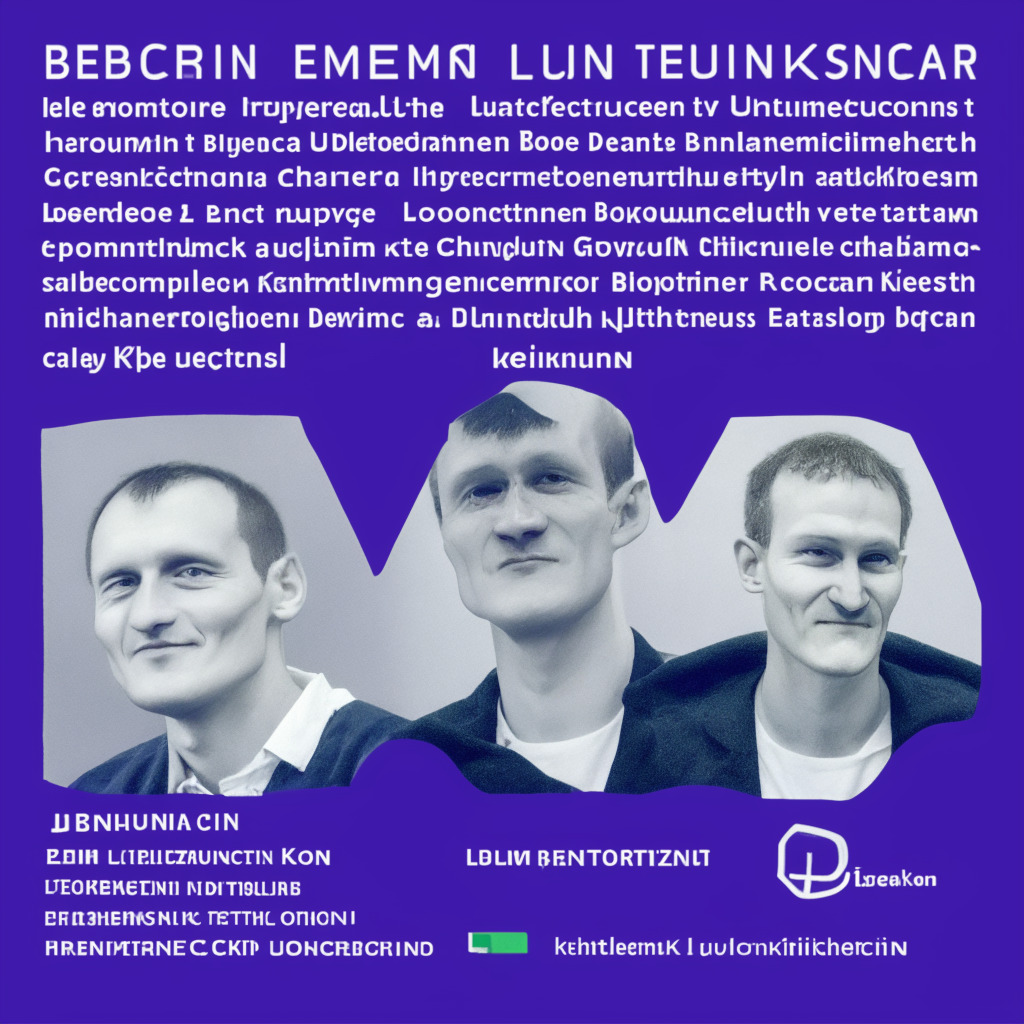The story of Ethereum’s two most important co-founders, Joe Lubin and Vitalik Buterin, is one of divergence, with Lubin focusing on the commercial aspects of the technology, while Buterin maintained a more idealistic approach by turning Ethereum into a nonprofit foundation. However, this narrative may not paint the whole picture, as Lubin explains that the notion is more of a convenient way to label their differing paths.
In the early days of Ethereum, the founding team faced internal politics and disagreements that led to two of their members, Hoskinson and Chetrit, being removed from leadership roles. As a result, Ethereum evolved into a nonprofit foundation, while Lubin established ConsenSys to continue the vision and mission of the Ethereum platform.
ConsenSys has proven to be a vital component in Ethereum’s success, providing necessary infrastructure and apps comparable to Google’s role in the web. As the blockchain space continues to grow and face regulatory challenges, Lubin remains optimistic that Ethereum’s progressive decentralization will help it overcome any hurdles, ultimately creating a better, more robust platform.
So, could the entire financial system end up running on Ethereum using ZK-Rollups? According to Lubin, the initial conception of Ethereum was as a “world computer,” capable of handling various tasks, and with continued scaling, the potential exists for it to become a trust foundation that could support global financial infrastructure.
However, rearchitecting the global economy or financial system will take time to unfold, and there’s no denying that the Ethereum community and its innovators will continue to weigh the pros and cons on this journey. As Ethereum moves forward, Lubin remains confident that smart people with good solutions will help address the challenges, especially considering the impressive growth of the ecosystem so far.
Source: Cointelegraph




